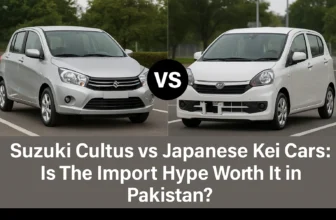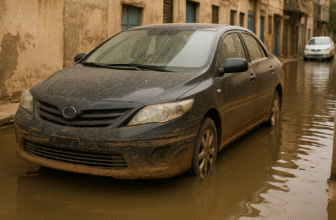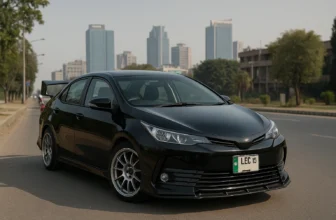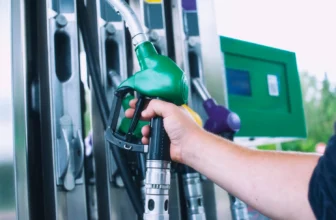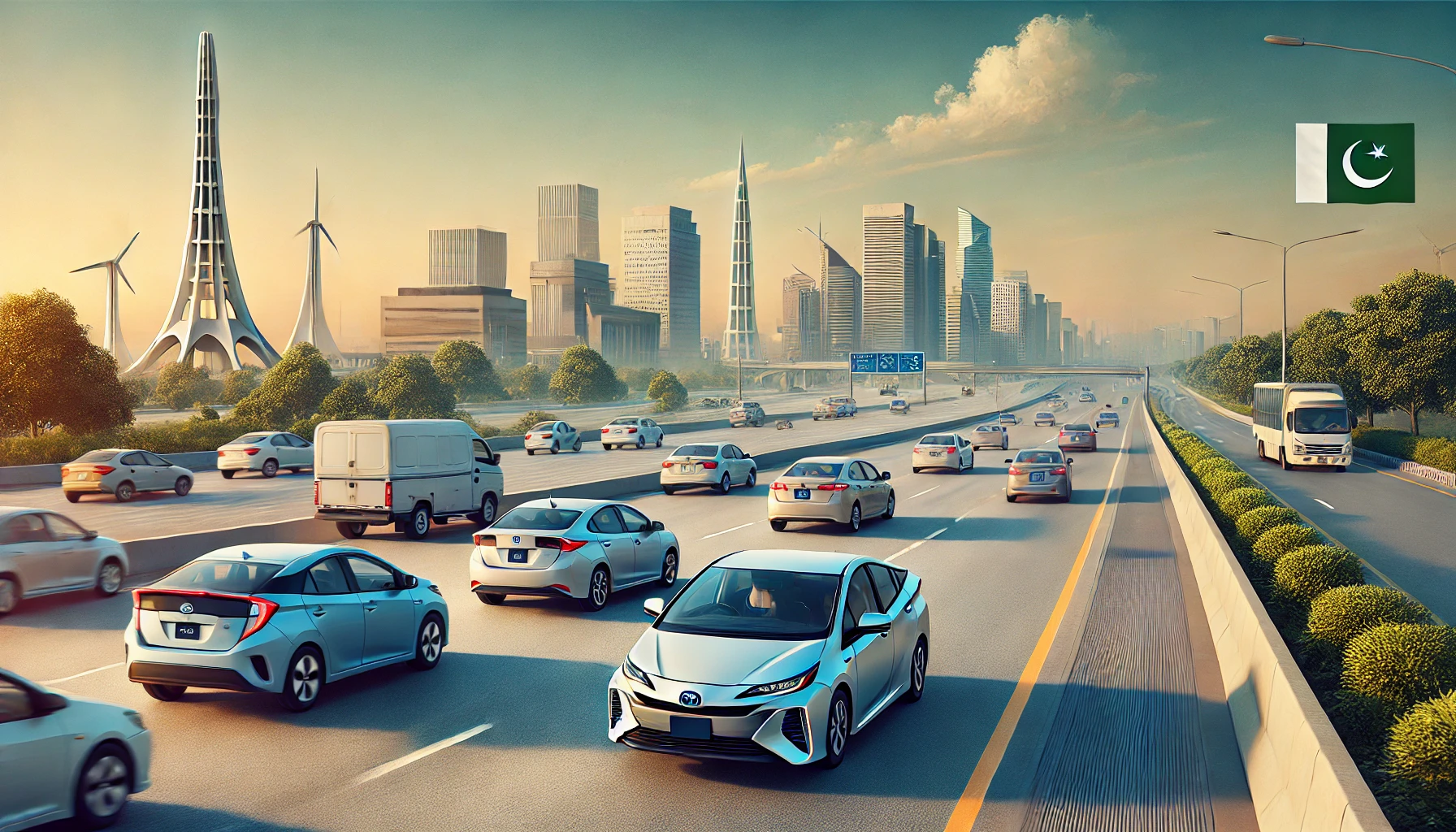
Pakistan’s automobile market is evolving, with hybrid cars gaining popularity alongside traditional petrol-powered vehicles. Rising fuel prices, increasing environmental concerns, and government incentives have sparked interest in hybrid cars. But do hybrids truly make more sense for Pakistani roads, or is petrol still the more practical choice? Let’s compare both options based on affordability, fuel efficiency, maintenance, road conditions, and overall value.
Understanding Hybrid and Petrol Cars
What is a Hybrid Car?
Hybrid vehicles combine a petrol engine with an electric motor to optimize fuel efficiency and reduce emissions. These cars switch between fuel and electric power or use both simultaneously for better performance and savings on fuel costs.
What is a Petrol Car?
Petrol cars run entirely on gasoline and are the most commonly used vehicles in Pakistan. They are known for their availability, affordability, and ease of maintenance compared to hybrids.
Comparison: Hybrid vs. Petrol Cars in Pakistan
1. Fuel Efficiency & Cost Savings
One of the biggest advantages of hybrid cars is their fuel efficiency. Hybrid vehicles consume less petrol by using electric power at low speeds or during idling. Given Pakistan’s rising fuel prices, hybrid cars can significantly reduce fuel expenses.
Comparison Table:
| Feature | Hybrid Cars | Petrol Cars |
|---|---|---|
| Fuel Efficiency | 20-30 km/l | 10-15 km/l |
| Fuel Type | Petrol + Electric | Petrol Only |
| Savings on Fuel | High | Moderate to Low |
While petrol cars are cheaper upfront, their higher fuel consumption means higher running costs over time.
2. Initial Cost & Affordability
Hybrid cars are generally more expensive than petrol cars. The price difference can be significant, making petrol vehicles the more affordable choice for many Pakistani buyers.
Price Range in Pakistan:
- Hybrid Cars: PKR 4.5 million – PKR 15 million (Toyota Prius, Honda Vezel, Hyundai Ioniq)
- Petrol Cars: PKR 2 million – PKR 7 million (Suzuki Alto, Toyota Corolla, Honda Civic)
Despite the higher initial cost, hybrid cars may save money in the long run through fuel efficiency.
3. Maintenance & Repairs
Hybrid cars have complex technology involving both an internal combustion engine and an electric motor. This makes repairs and maintenance more expensive, especially since hybrid parts and expert mechanics are limited in Pakistan.
On the other hand, petrol cars are easier and cheaper to maintain due to readily available spare parts and mechanics across the country.
4. Suitability for Pakistani Road Conditions
Pakistani roads vary from well-paved highways to rough, uneven streets in smaller cities and rural areas. Petrol cars, especially models like the Toyota Corolla and Suzuki Mehran, are better suited for these conditions because of their simple mechanics and durability.
Hybrids, on the other hand, have a complex battery system that may not perform as well on extreme terrains or in areas with frequent flooding and poor road maintenance.
5. Resale Value
Resale value is a crucial factor for Pakistani buyers. Petrol cars have a higher resale demand because they are widely accepted, easier to maintain, and have a lower replacement cost.
Hybrid cars, while increasing in popularity, still have limited resale value due to concerns over battery life and repair costs.
Which One Should You Buy in Pakistan?
Choose a Hybrid Car If:
✔ You drive in urban areas with frequent traffic stops (like Lahore, Karachi, Islamabad).
✔ You want long-term fuel savings despite higher upfront costs.
✔ You prioritize environmental benefits with lower emissions.
Choose a Petrol Car If:
✔ You frequently travel on rough or long-distance roads.
✔ You want lower maintenance costs and easy access to spare parts.
✔ You are looking for a more budget-friendly option with good resale value.
Conclusion
Hybrid and petrol cars both have their pros and cons. While hybrid cars offer excellent fuel efficiency and lower emissions, they come at a higher cost and require specialized maintenance. Petrol cars remain the practical choice for many Pakistani buyers due to affordability, easy repairs, and suitability for local road conditions.
Ultimately, the choice depends on your budget, driving habits, and long-term financial goals. As the Pakistani automotive market evolves, hybrid technology may become more affordable and accessible, making it an even stronger contender in the future.



